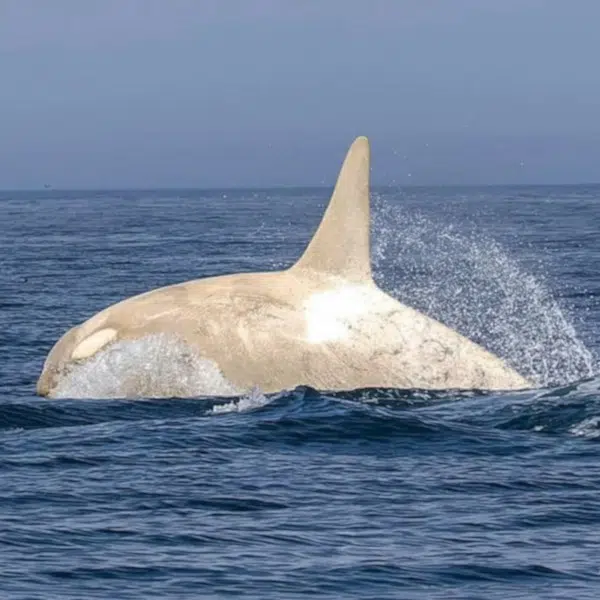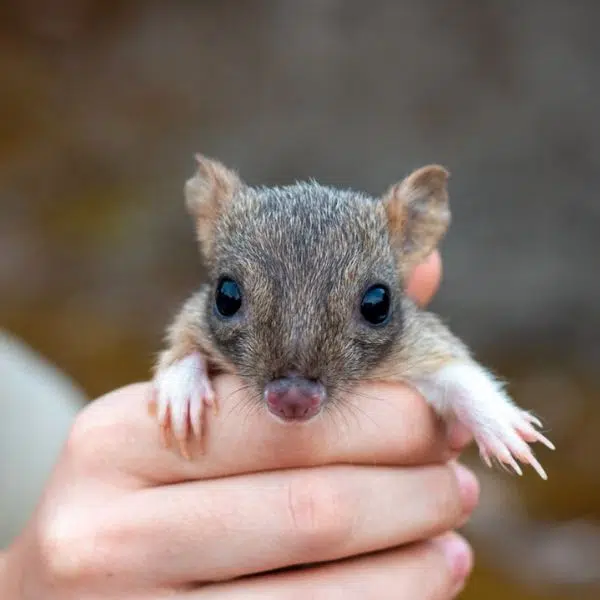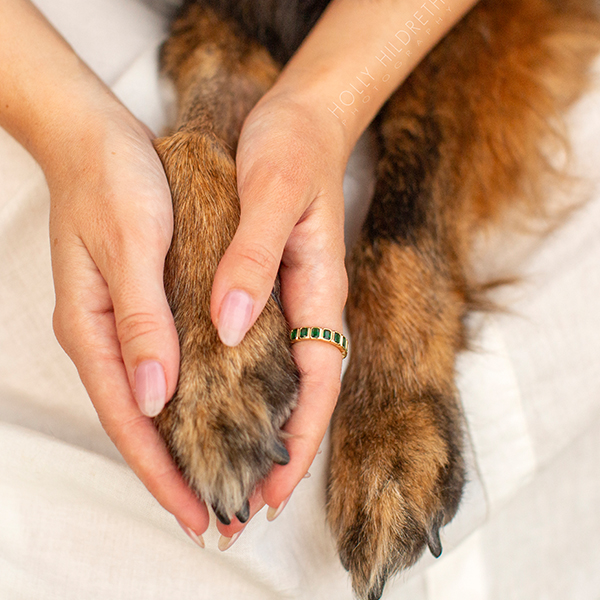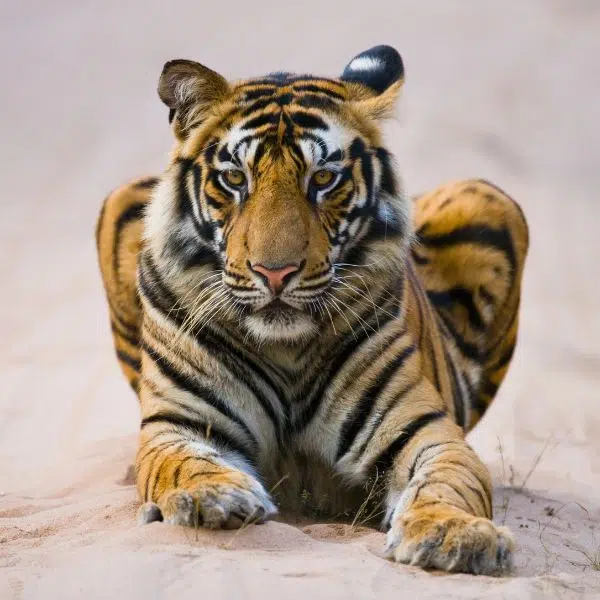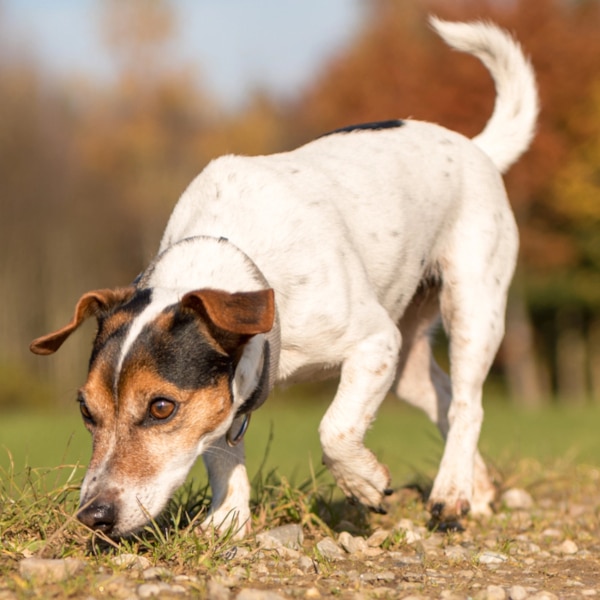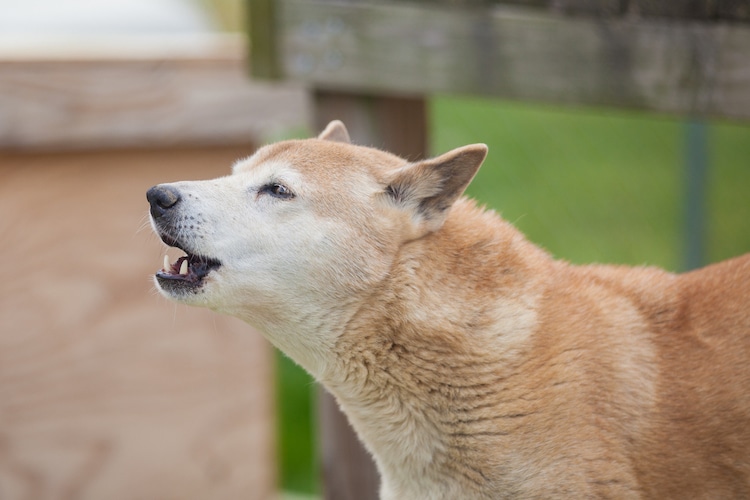
Photo: Stock Photos from Blanka Berankova/Shutterstock
It's been 50 years since the New Guinea singing dog has been spotted in the wild; however, researchers have recently made a startling discovery. These rare dogs are typically only found in captivity in zoos or conservation centers, but an expedition to a remote area of Papua has spotted these musical pooches. After first observing them in 2016, the team returned in 2018 to collect DNA samples to confirm their findings.
This extremely rare dog breed is known for its unique vocalizations and howls. Native to the New Guinea Highlands, it's closely related to the dingo. In the 1970s, a few wild dogs were captured and the remaining 200 captive New Guinea singing dogs are their descendants. Unfortunately, due to the small number of captured wild dogs, these New Guinea singing dogs found in captivity are severely inbred.
In 2016, researchers from the New Guinea Highland Wild Dog Foundation found 15 dogs on conservation land near a gold and copper mine. Two years later, they braved high altitude, unpredictable weather, and extreme terrain to collect blood, hair, and tissue samples, and to perform a health exam on the dogs. They also attached a GPS collar to two of the dogs in order to learn more about their habits.
What they discovered upon analyzing the DNA of the wild dogs was a 70% genetic overlap between the wild dogs and captive dogs. The difference can be accounted for when remembering that genetic diversity has been lost in the captive New Guinea singing dogs due to inbreeding. It also needs to be taken into consideration that the wild population may also interbreed with village dogs.
“They look most related to a population of conservation biology New Guinea singing dogs that were descended from eight dogs brought to the United States many, many, many years ago,” said Elaine Ostrander, a geneticist at the U.S. National Human Genome Research Institute and co-author of the study. “The conservation dogs are super inbred; (it) started with eight dogs, and they've been bred to each other, bred to each other, and bred to each other for generations—so they've lost a lot of genetic diversity.”
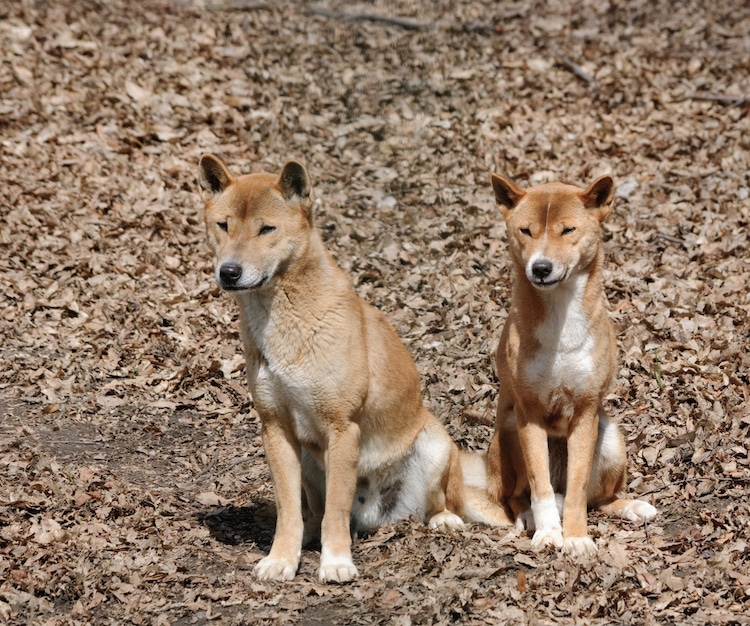
Photo: Stock Photos from InBetweentheBlinks/Shutterstock
This exciting discovery will help piece together the puzzle of dog domestication in Oceania, as the breed's taxonomy has been largely a mystery until this point. Only very distantly related to domesticated dogs, this ancient breed's closest domestic relatives are the Akita and Shiba Inu. But it's believed that even this split occurred 3,500 years ago when humans brought the ancestors of those breeds to Oceania.
The researchers will surely continue their studies to help unravel the mystery of the breed and attempt to find answers to the questions behind when the split between feral and domesticated dogs occurred.
h/t: [CNN, The New York Times]
Related Articles:
Researchers Rediscover Elephant Shrew in Africa After 50 Years
Extremely Rare Black Emperor Penguin Captured on Film for the First Time
Stray Puppy Found in Australia Turns Out to Be a Rare Breed of Endangered Dingo
Wildlife Photographer Captures a Rare Black Panther Roaming in the Jungles of India











































































